Mozambique: Renamo criticizes President for suggesting reflection on the General Peace Agreement - ...
Mozambique: DDR is now in ‘crucial’ reintegration, pensions stage – Nyusi | Watch
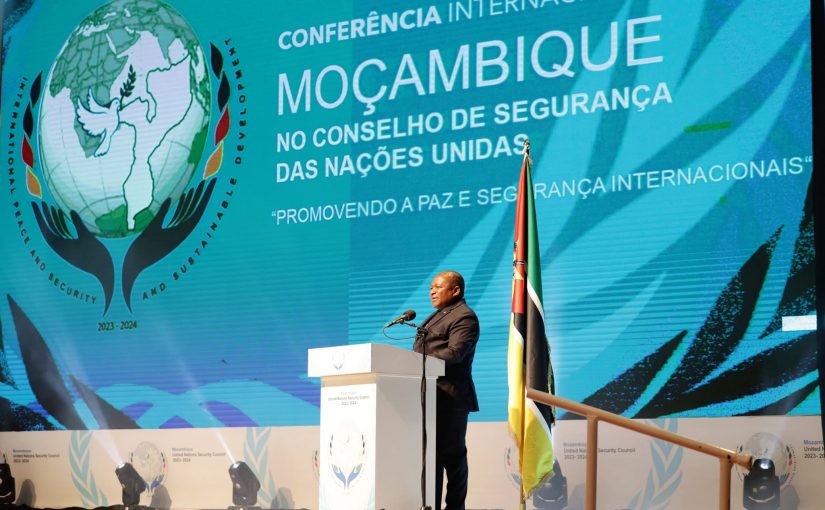
Photo: Presidente Filipe Nyusi/Facebook
The president of Mozambique, Filipe Nyusi, said in Maputo on Friday that the process of Disarmament, Demobilisation and Reintegration (DDR) of the former Renamo guerrillas is at the “crucial” stage, despite “impatience”.
“I say crucial phase because we are now in the reintegration phase, in the pensions phase, which we explained again that despite the fact that the demobilised were not reimbursed [pension deductions], the government decided to do so. And sometimes there is impatience. But it’s a process that requires documentation, and it’s going well, as far as we’re concerned,” he said.
Filipe Nyusi addressed the opening of the international conference “Mozambique in the United Nations Security Council: Promoting International Peace and Security”, which aimed to share the country’s experience during its first ten months as a non-permanent member of that body.
“We focussed more on our experience in the DDR process and in the fight against terrorism in Cabo Delgado,” the president explained regarding the actions during this period.
The DDR process, which began in 2018, covers 5,221 former guerrillas from the Mozambican National Resistance (Renamo, the largest opposition party), 257 of them women, and ended last June with the closure of the Vunduzi base, Renamo’s last, located in the district of Gorongosa, in the central province of Sofala.
The 1992 General Peace Agreement put an end to the 16-year war between the government army and the Renamo guerrillas. It was signed in Rome between then President Joaquim Chissano and Afonso Dhlakama, Renamo’s historic leader, who died in May 2018.
“I believe that if it goes this way, the [DDR] process will come to an end not too long from now. More than 250 pensions have already been set, but the Administrative Court is also making the process more flexible,” said the Mozambican head of state.
In 2013, there were further clashes between the parties, which lasted 17 months and only stopped with the signing, on 5 September 2014, of the Cessation of Military Hostilities Agreement between Dhlakama and former head of state Armando Guebuza.
On 6 August 2019, the Peace and National Reconciliation Agreement was signed, the third one that is now being materialised, between Mozambique’s current president, Filipe Nyusi, and the Renamo leader, Ossufo Momade.
Referring to Mozambique’s mandate on the Security Council, Filipe Nyusi said that this “prestigious” election “was not the work of chance” but was the result of “the commitment, dedication and high patriotic sense of the vast work team of the Ministry of Foreign Affairs and Cooperation”.
“Ultimately, our candidacy was a clear demonstration that when we Mozambicans embrace a cause and unite around the national interest, we are capable of overcoming challenges of any size,” he said, recalling that Mozambique took over the presidency of that body in March, two months into its mandate.
“In fact, Mozambicans should be proud of the fact that the country is asserting itself as a state that commands respect in the concert of nations and whose diplomatic experience is to promote and influence positions and consensus with the five permanent members on draft resolutions, presidential statements, communiqués and other issues in the promotion of international peace and security,” he added.


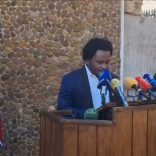
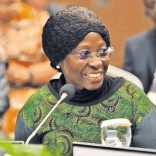


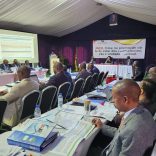
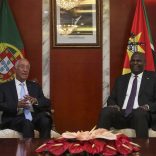




Leave a Reply
Be the First to Comment!
You must be logged in to post a comment.
You must be logged in to post a comment.